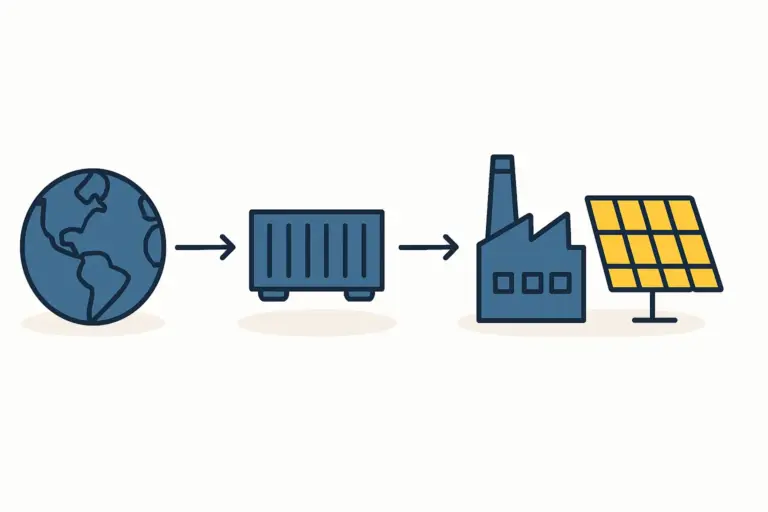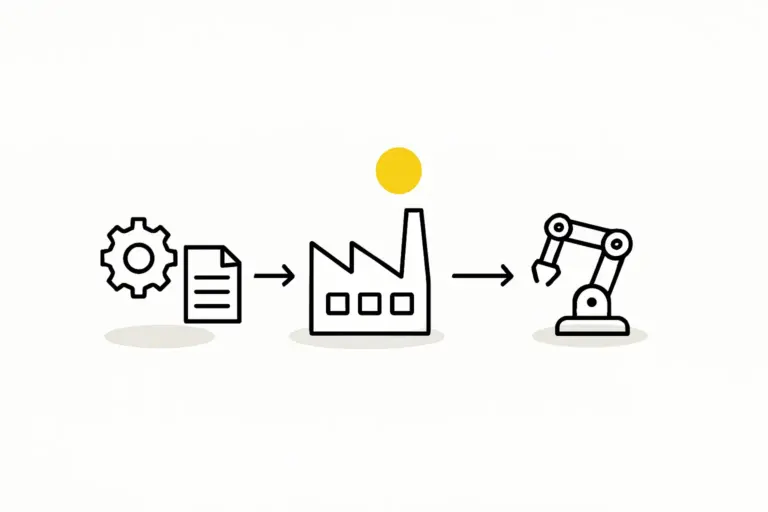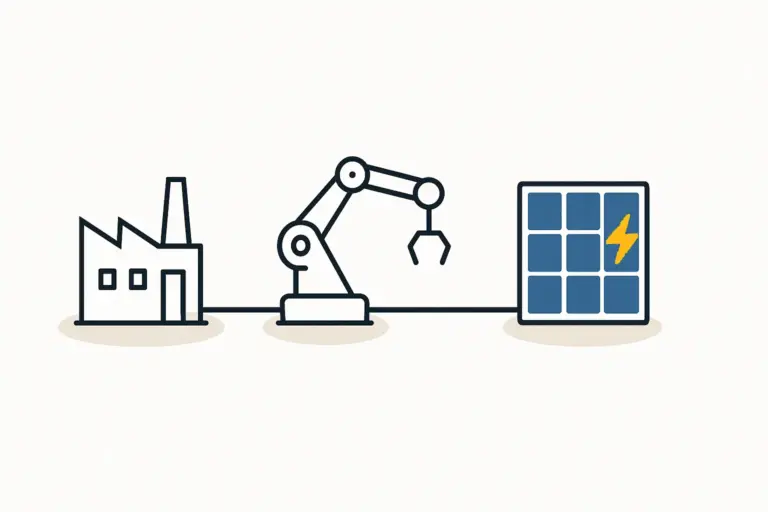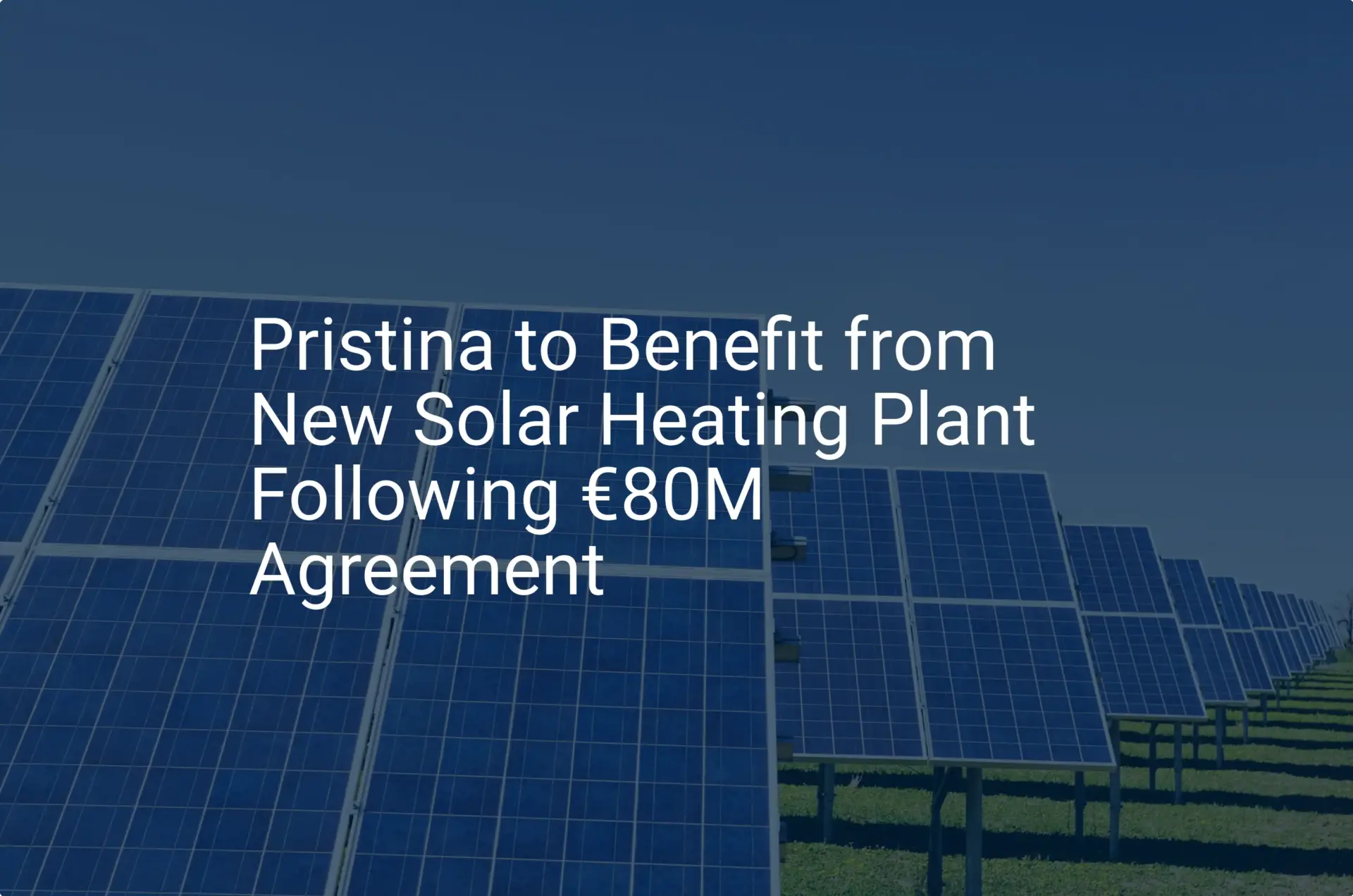An entrepreneur entering the solar industry typically studies global supply chains, labor costs, and shipping routes. The map is often centered on major Asian manufacturing hubs. A closer look at Europe, however, reveals a strategic opportunity that is frequently overlooked: Kosovo. For businesses aiming to serve the European and Balkan markets, Kosovo offers a compelling combination of geographic proximity and preferential market access—a significant competitive advantage.
This article explores the business case for establishing a solar module manufacturing facility in Kosovo, focusing on the key factors that enable efficient exports to neighboring countries and the European Union.
The Geographic Advantage: Central to European Markets
At the heart of the Balkan peninsula, Kosovo’s position is a primary strategic asset. A factory here is not on the periphery of its target markets, but at their very heart. This central location streamlines logistics to several growing solar markets, including Albania, North Macedonia, Serbia, and Montenegro.
Its proximity to major regional transport arteries connects it directly to the wider European continent. Key trade routes are readily accessible:
- Road Networks: Modern motorways, such as the R6 and R7, connect Kosovo with deep-water ports and major European corridors, enabling efficient overland transport.
- Maritime Access: The Port of Durrës in Albania and the Port of Thessaloniki in Greece are within a few hours’ drive, serving as critical gateways for shipping to Italy, Germany, and other EU nations.
This geographic placement translates directly into reduced shipping times and enhanced supply chain control—crucial factors for meeting the delivery schedules of European clients.

Unlock the EU Market with the Stabilisation and Association Agreement (SAA)
Perhaps the most compelling advantage for a manufacturer in Kosovo is both political and economic: the Stabilisation and Association Agreement (SAA) with the European Union, which came into force in 2016.
Put simply, the SAA is a comprehensive trade agreement that grants products originating in Kosovo duty-free and quota-free access to the entire EU single market. For a solar module manufacturer, this means modules can be exported to any of the 27 EU member states without the import tariffs often applied to goods from other major manufacturing countries, such as China.
This tariff exemption is no minor detail; it represents a direct financial advantage that creates a significant price advantage in the European market. A well-structured solar module manufacturing plant in Kosovo can leverage this agreement to offer a powerful value proposition to EU-based distributors and project developers.
A Logistical Edge: Kosovo vs. Asian Manufacturing
The combination of geographic proximity and preferential trade status creates a powerful logistical advantage. Compared to sourcing modules from Asia, a Kosovo-based factory offers European customers tangible benefits:
- Reduced Lead Times: Shipping from Kosovo to Germany or Italy can take days, not weeks. This allows for more flexible inventory management and a faster response to market demand.
- Lower Transportation Costs: Overland and short-sea shipping is less costly and volatile than long-haul ocean freight, reducing the final landed cost of the modules.
- Supply Chain Resilience: A shorter, more direct supply chain has fewer potential points of failure, reducing risks associated with geopolitical events, port congestion, or shipping container shortages.
These factors mean a manufacturer can compete not just on price, but also on speed, reliability, and service—qualities highly valued by sophisticated European buyers.
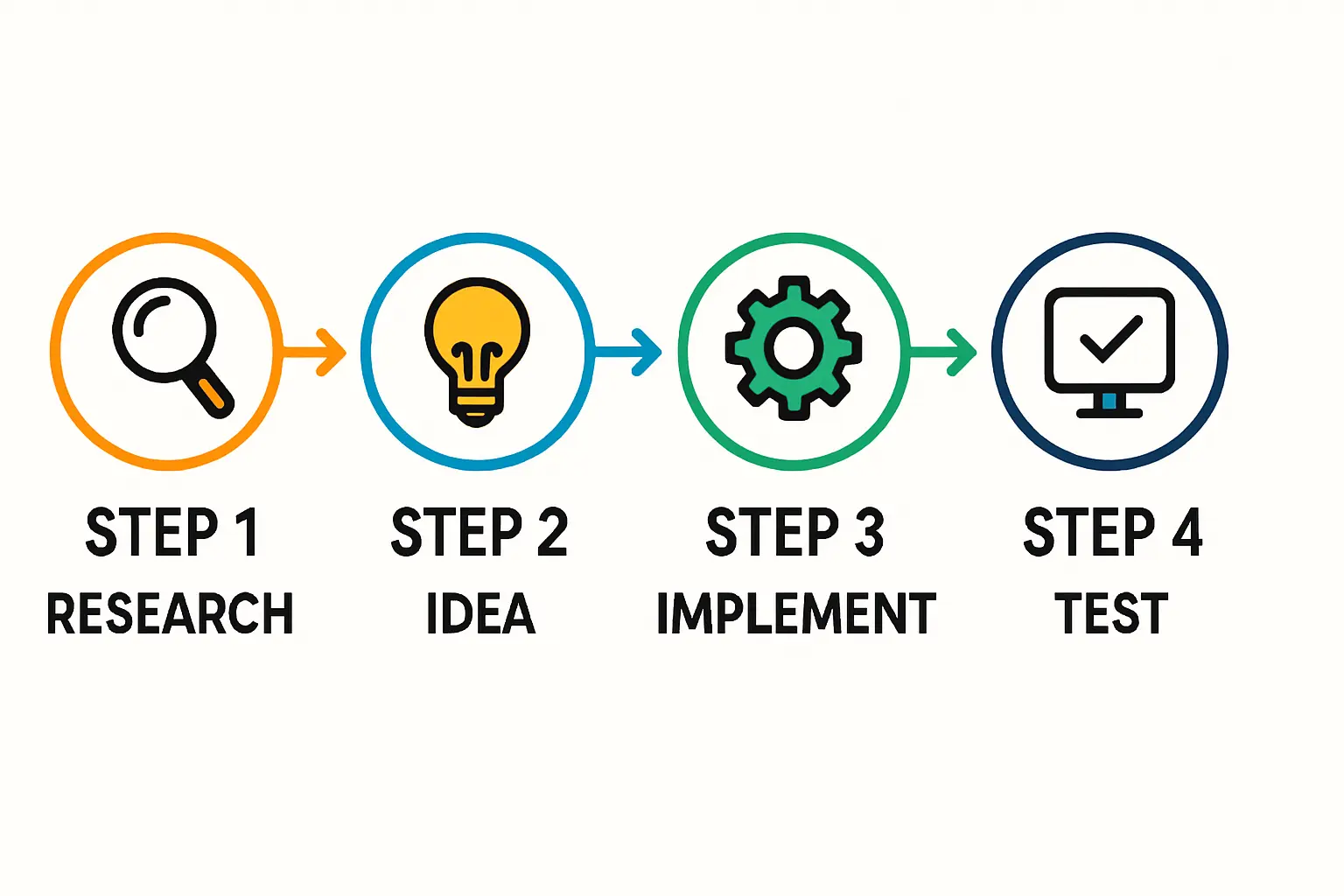
Meeting EU Standards: Essential Prerequisites for Export
While Kosovo provides the location and the trade agreement, market access is not automatic. To successfully export to the EU, products must meet the bloc’s stringent technical and safety standards. This is a non-negotiable requirement.
The most critical step is achieving the necessary product certifications. For solar modules, these primarily include:
- IEC 61215: This standard tests the design qualification and type approval of the modules, ensuring they perform reliably over a long lifespan under various environmental conditions.
- IEC 61730: This standard covers photovoltaic module safety qualification, ensuring the product is safe from electrical and mechanical hazards.
- CE Marking: This is a mandatory conformity marking for products sold within the European Economic Area. It signifies that the manufacturer has verified that the product meets EU safety, health, and environmental protection requirements.
Achieving these certifications requires a robust quality management system and investment in reliable production equipment. As seen in turnkey projects managed by J.v.G. Technology, integrating the certification process into the initial factory planning is essential for a timely market entry. A comprehensive business plan must account for the costs and timelines associated with this crucial step.
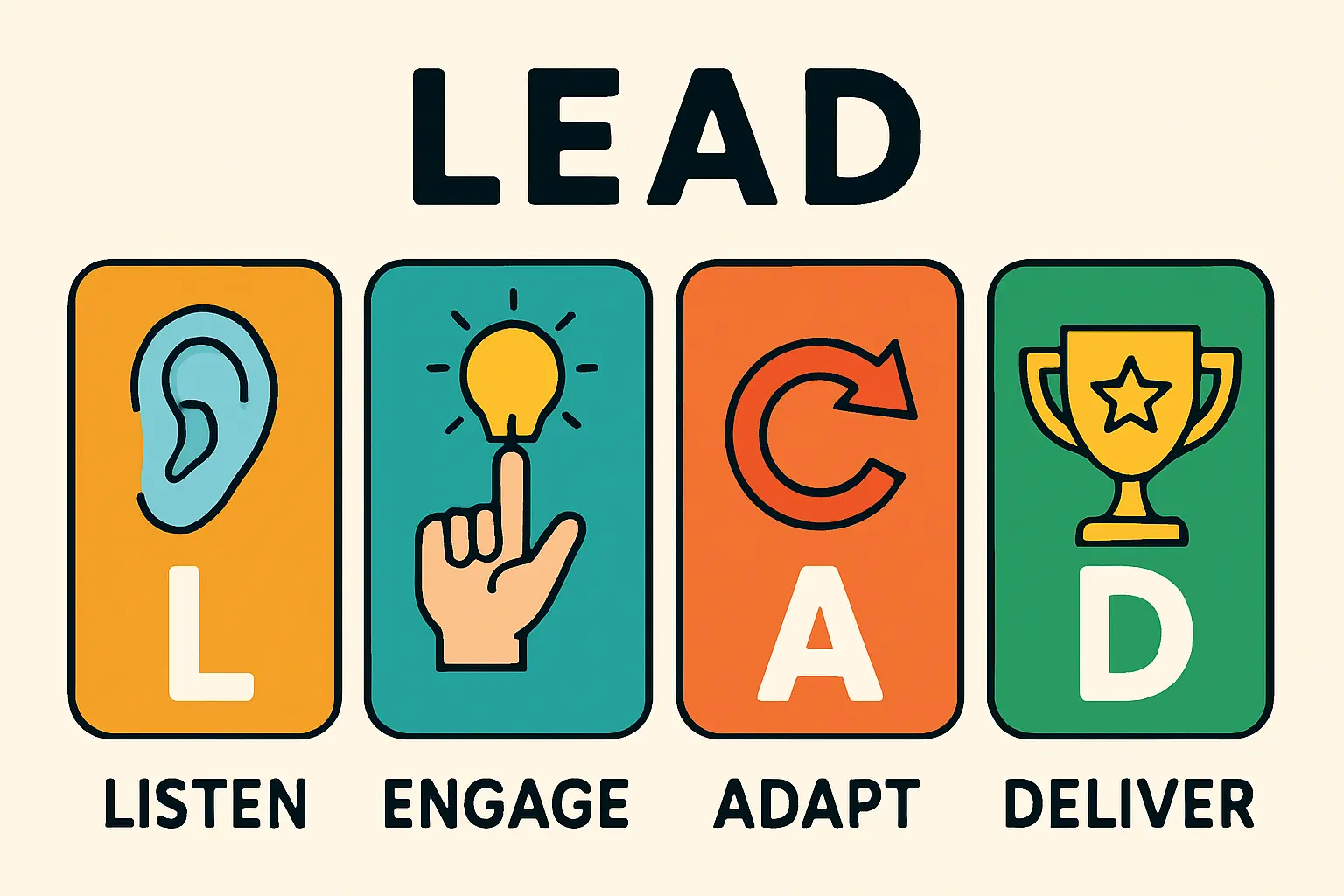
Labor and Operations: Building a Foundation in Kosovo
Beyond logistics and trade law, Kosovo offers a favorable operational environment. The country has one of the youngest populations in Europe, providing a motivated and cost-competitive labor force. Many young professionals are multilingual, with English and German widely spoken, simplifying communication with international partners and customers.
While factors such as energy costs require careful planning, the overall operational landscape, combined with government incentives for foreign investors, creates a solid foundation for a manufacturing enterprise. The key is to develop a business model that capitalizes on the country’s strengths while mitigating its challenges.
Frequently Asked Questions (FAQ)
Does the SAA guarantee sales in the EU?
No. The SAA provides tariff-free access to the EU market, which is a significant competitive advantage. However, success still depends on producing a high-quality, certified product that is competitively priced and well-marketed.
What is the biggest logistical challenge when exporting from Kosovo?
While infrastructure is improving, border crossings within the Balkan region can sometimes experience delays. Mitigating this risk means working with experienced local logistics partners who understand customs procedures and can ensure smooth transit.
Are the required certifications for the EU different from other international standards?
The IEC standards (61215, 61730) are globally recognized. However, the EU requires specific adherence and documentation, culminating in the mandatory CE mark. Entrepreneurs must ensure their certification body is recognized by European authorities.
What kind of investment is needed to meet these quality standards?
Meeting EU quality standards begins with the production line itself. Investing in high-quality, reliable machinery for a solar factory and implementing strict quality control processes at every stage of production is fundamental. This is not an area where compromises can be made.
The Kosovo Advantage: A Final Perspective
For the discerning entrepreneur, Kosovo represents more than just a low-cost manufacturing location; it is a strategic launchpad for accessing the high-value European solar market. By combining its central geographic position with the powerful advantage of the Stabilisation and Association Agreement, a well-planned solar module factory can build a resilient and competitive business.
Success requires careful planning, a deep understanding of EU standards, and a commitment to quality. For those prepared to navigate these requirements, the opportunity to serve one of the world’s largest solar markets from its doorstep is substantial.


